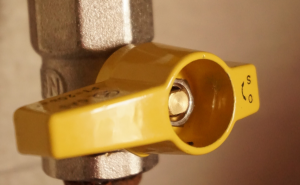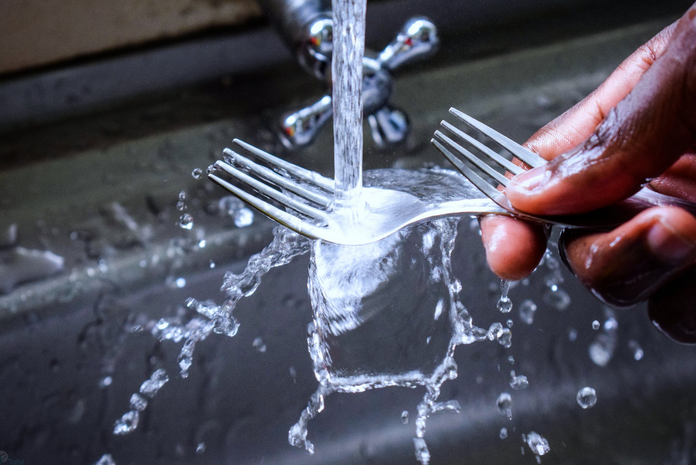No one likes to wash the dishes with cold water. And to warm the water, we recommend under-sink water heaters to you. If you’ve never heard of this useful tool, you should check these water heaters reviews. Now, let’s learn the pros and cons of under-sink water heaters.
The Pros
First, it is obvious that using an under-sink water heater can give you warm water much faster than a centralized water heating system. No heat is lost in the pipe because the heating unit is placed directly under the sink.
Second, it means that an under-sink water heater can give you a much more efficient heating mechanism. In the long term, it will save your electricity bills better than if you keep using a centralized water heating system.
 Third, if your tap water is drinkable, you can save a lot of time and energy when you need to make hot drinks. You don’t have to boil the water on the stove, and it only takes 2 or 3 seconds for the water to reach the boiling temperature.
Third, if your tap water is drinkable, you can save a lot of time and energy when you need to make hot drinks. You don’t have to boil the water on the stove, and it only takes 2 or 3 seconds for the water to reach the boiling temperature.
Fourth, the under-sink heating device won’t clutter your kitchen space. The design makes them easily adjustable under the sink. And you don’t even have to worry about the pipework because the unit can be installed quickly.
Fifth, if you buy a high-quality unit (with more money on the price tag, of course), you don’t need to bother with the maintenance. As long as your water is soft, cloggings and leaks are rare.
The Cons
 Since most under-sink water heaters are tankless, they heat the water as the water passes by. Therefore, the biggest drawback of this device is that you won’t get hot water with a consistent temperature, especially when the external temperature is extreme.
Since most under-sink water heaters are tankless, they heat the water as the water passes by. Therefore, the biggest drawback of this device is that you won’t get hot water with a consistent temperature, especially when the external temperature is extreme.
Second, although you can get hot water instantly, it will be limited because there is no water storage system in the heater. But this won’t be a problem unless you are trying to fill up a big water jar.
Third, under-sink heaters are typically expensive. On average, the initial cost can reach $1000. And that is for the cheapest unit only. Besides, as suggested before, you may need a water softener to make the heater last longer. And that means another couple of hundred dollars.
A Final Consideration
Since the pros outweigh the cons, you should think of this breakthrough heating system as a long-term investment. However, if you live in a shared building like a condo, apartment, or duplex, you need to consult the building management first before you can proceed to the installation because rerouting some gas lines may be necessary.

